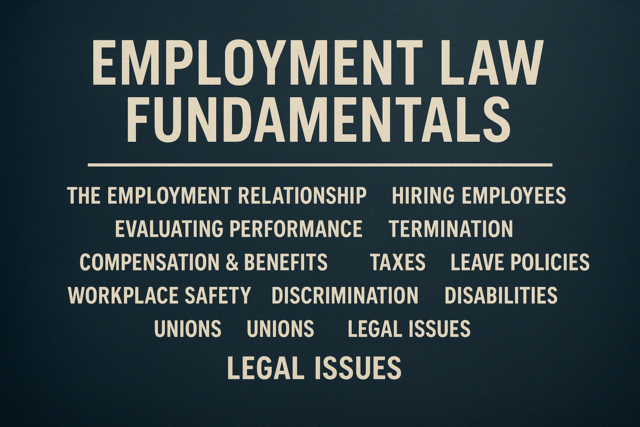To some, the idea of a loan officer may conjure up negative images associated with the term loan shark or shylock. However, the truth of the matter is that the majority of loan officers provide clients with highly beneficial services in an ethical, non-extortionist manner.
This represented a comprehensive practice (known as the judgmental approach) that had been in place for a long period of time. Yet, because each loan officer had their own system, resulting loan decisions proved to be inconsistent based upon the individual loan officer's level of experience and subjective reasoning.
Contrary to this judgmental method, credit scoring came across as being more objective where things like consistency, speed, and a quantification of the odds that a borrower may default could be relied upon in an ongoing basis.
It has been found that over a lifetime, the average consumer will pay over $600,000 in interest charges to banks and finance companies. Furthermore, it will take the average consumer 30 to 35 years to pay back their debt. And, during this time, consumers will repay banks and finance companies two to three times as much as they originally borrowed.
According to statistics from the Federal Reserve, in 2007, the total household debt of the United States was $13.3 trillion. Broken down by individual households, in 2007, the average American level of debt was 14.29 percent of their total income, a figure referred to as the household debt service ratio (DSR).
What we may not have previously known is that loan officers, classified as falling under the umbrella of the banking industry, also are responsible for assessing the creditworthiness of loan applicants, determining the suitability as borrowers, and arriving at the specific terms of their loans, for instance, principal amounts, interest rates, and repayment schedules.
Although there are numerous types of individual loans, as a collective whole, they fall under one of three primary forms of lending:
-
Commercial lending primarily comprises credit extensions to businesses.
-
Consumer lending essentially encompasses personal loans, educational loans, home equity loans, and auto loans.
-
Mortgage lending, generally speaking, pertains to loans to individuals (as opposed to corporations or businesses) intending to purchase real estate, refinance loans foreseen as second mortgages, or loans made for developmental purposes.
According to the U.S. Department of Labor's Bureau of Labor Statistics, 9 out of 10 loan officers work for financial institutions.
Some loan officers are compensated through commission for the role that they play in the mortgage process. This commission, which is called origination points, is often negotiable.
After having discovered what exactly a loan officer does and remaining entirely committed to the pursuit of this profession, you are now ready to see how you fare in terms of whether or not you possess the soft skills (good at multitasking and problem solving) and hard skills (selling and economics) needed to become an effective loan officer.
Generally speaking, the skill sets most utilized by a loan officer include:
� Aptitude for Accounting, Economics, and Mathematics.
� Assertive, Entrepreneurial Spirit.
� Effective Oral Communicator.
� High Energy Level.
� Productive Multi-tasker and Problem Solver.
� Skilled Computer User.
� Strong Critical Thinker.
� Talented Researcher and Assessor.
And in terms of specific tasks, the loan officer will regularly be required to perform the following:
1. Contact applicant or creditors to resolve questions regarding application information.
2. Analyze applicant's financial status, credit, and property evaluation to determine the feasibility of granting the loan.
3. Approve the loan within specified time limits.
4. Refer loan to a loan committee for approval.
5. Interview applicant and request specified information for the loan application.
6. Submit application to credit analyst for verification and recommendation.
7. Confer with underwriters to aid in resolving application problems.
8. Negotiate payment arrangements with customers for delinquent loan balances.
9. Analyze potential loan markets to develop prospects for future loans.
Because loan officers tend to be directly in the line of fire meaning they are integral in helping persons make some of the largest purchases they will ever make in their life, it is to their best interest that they have good people skills whereby they can help counsel persons should they become hesitant, confused, scared, and/or angry.
In addition to working well independently and getting along with clients, aspiring loan officer candidates should also be capable of working as a part of a team in that they are able and willing to support their colleagues and contribute to the company's overall success as opposed to simply looking out for themselves.
With respect to educational background, to become a loan officer it is typically expected that candidates will have a minimum of a bachelor's degree in finance, economics, or a closely related monetary-based field.
Persons with previous experience in the banking industry tend to fare well as they already have insight into how the financial industry works and a good knowledge of revenue streams and funding sources. An additional asset is for candidates to have previous sales experience. Such a history is highly valued by employers for they demonstrate the candidate's degree of persistence and their strengths at touting the merits of existing product lines.





























